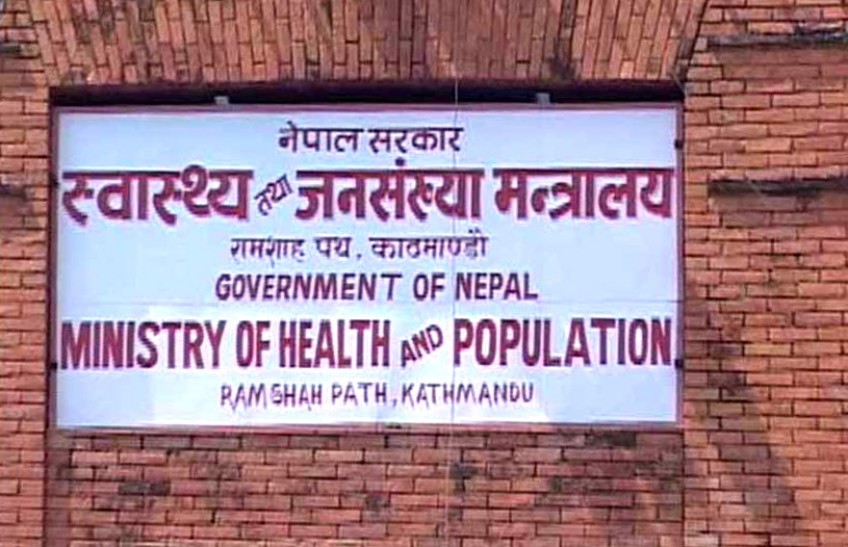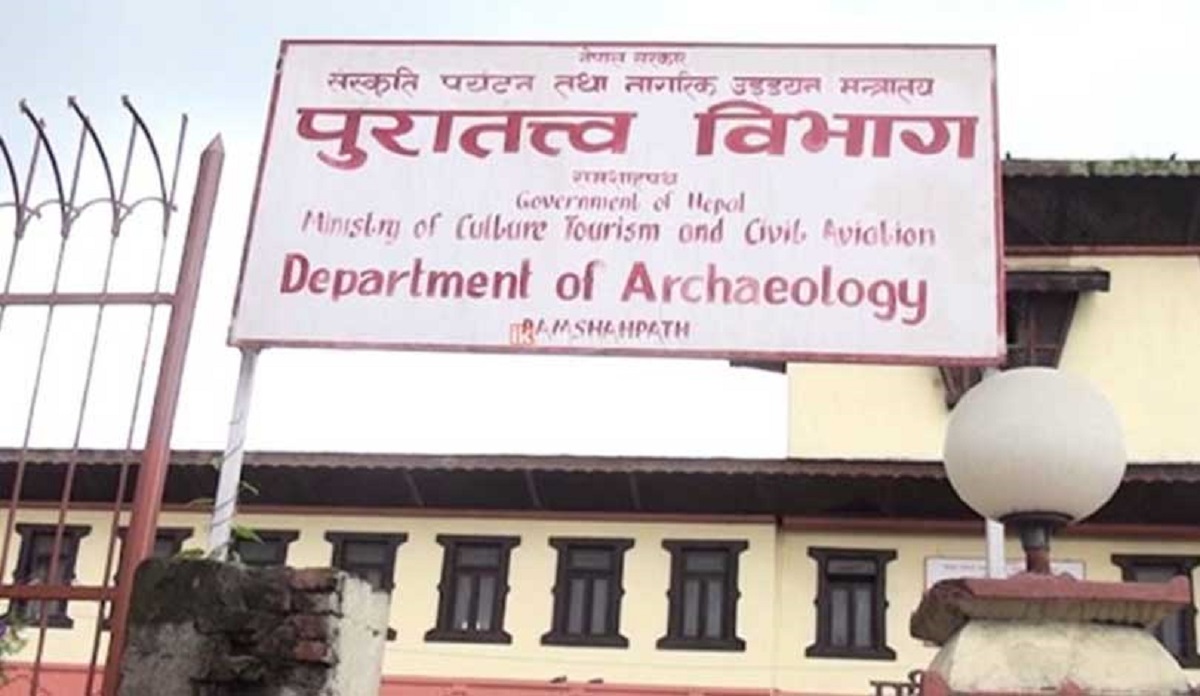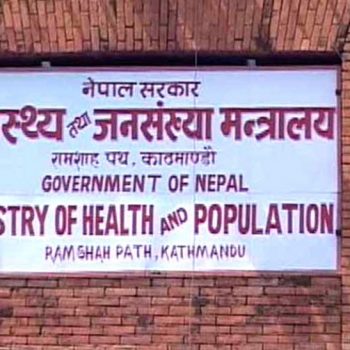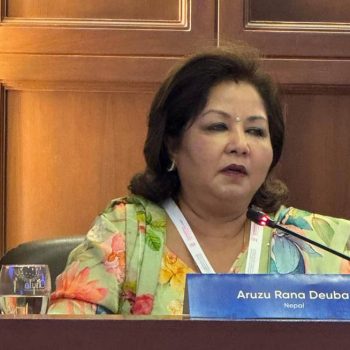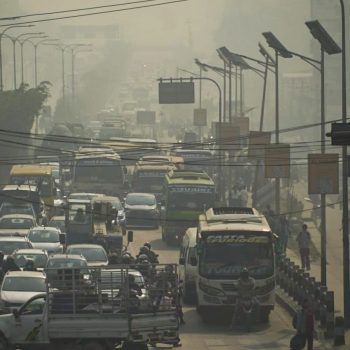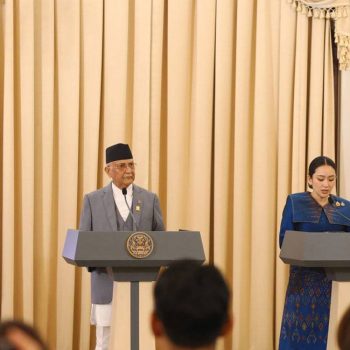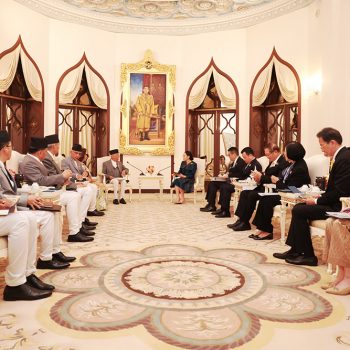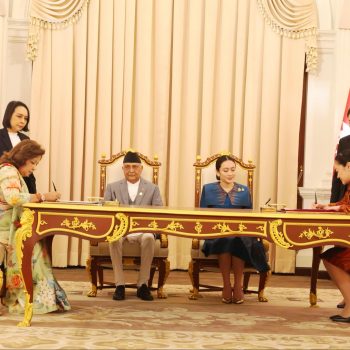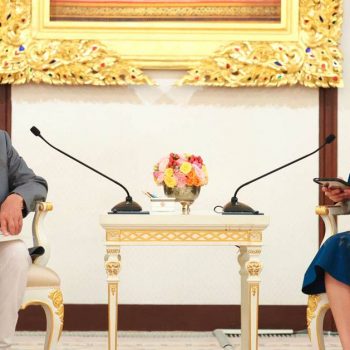Nepal police fire tear gas to disperse protest over US aid grant
 NepalPress
NepalPress
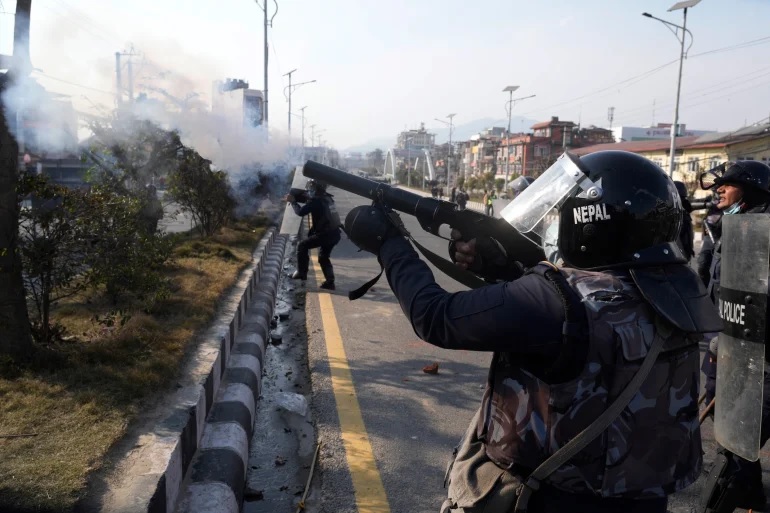
Nepal police fired rubber bullets and tear gas on Sunday as hundreds protested against a $500m US aid grant that has divided the ruling coalition headed by Prime Minister Sher Bahadur Deuba of the Nepali Congress party, Aljazeera reported.
The Millennium Challenge Corporation (MCC) pact signed in 2017 faces opposition mainly from two of the Communist parties that are part of the coalition government.
Critics of the pact claim the conditions in the grant agreement will prevail over Nepal’s laws and threaten the country’s sovereignty. They say it is part of Washington’s Indo-Pacific strategy, which has military components that could bring American soldiers to Nepal.
US officials have spoken to Nepalese leaders recently to assure that the grant concerns only Nepal’s development. The money is meant to be used for the construction of power transmission lines and improvement of roads in the Himalayan nation.
Hundreds of protesters tried to push through barbed wire barricades and pelted riot police with stones. Police beat them with bamboo batons, fired tear gas and water canons, leaving injured on both sides.
“Although they agreed to present the agreement in the parliament, it’s still not clear whether all coalition partners will cast their vote in favour… Our efforts will continue to convince them,” Prakash Sharan Mahat, spokesperson for the ruling Nepali Congress party, told AFP news agency.
The pact undermines Nepal’s sovereignty
The ruling coalition partners, including Maoist politicians – seen as traditionally close to China – say the pact undermines Nepal’s sovereignty.
Inside Parliament, government minister Gyanendra Bahadur Karki presented the grant proposal while several lawmakers chanted slogans opposing the measure.
A thick line of security personnel blocked the protesting members from approaching the minister. The debate is expected to last several days before the grant agreement is put to a vote. The deadline to ratify ends on February 28.
The discussion was originally planned for last Wednesday but disagreements among political parties and clashes with police outside Parliament led to it being postponed.
According to Nepali media, US Assistant Secretary of State for South and Central Asian Affairs Donald Lu recently held separate telephone conversations with Nepali politicians, urging them to endorse the MCC pact by February 28 or Washington would “review its ties with Nepal”.
Days later Chinese foreign ministry spokesman Wang Wenbin said such development cooperation should “come with no strings attached”.
“We oppose coercive diplomacy and actions that pursue selfish agendas at the expense of Nepal’s sovereignty and interests,” he told a regular briefing in Beijing.
The MCC, created by the US Congress in 2004, offers large grants to support economic growth and reduce poverty, according to Washington.


